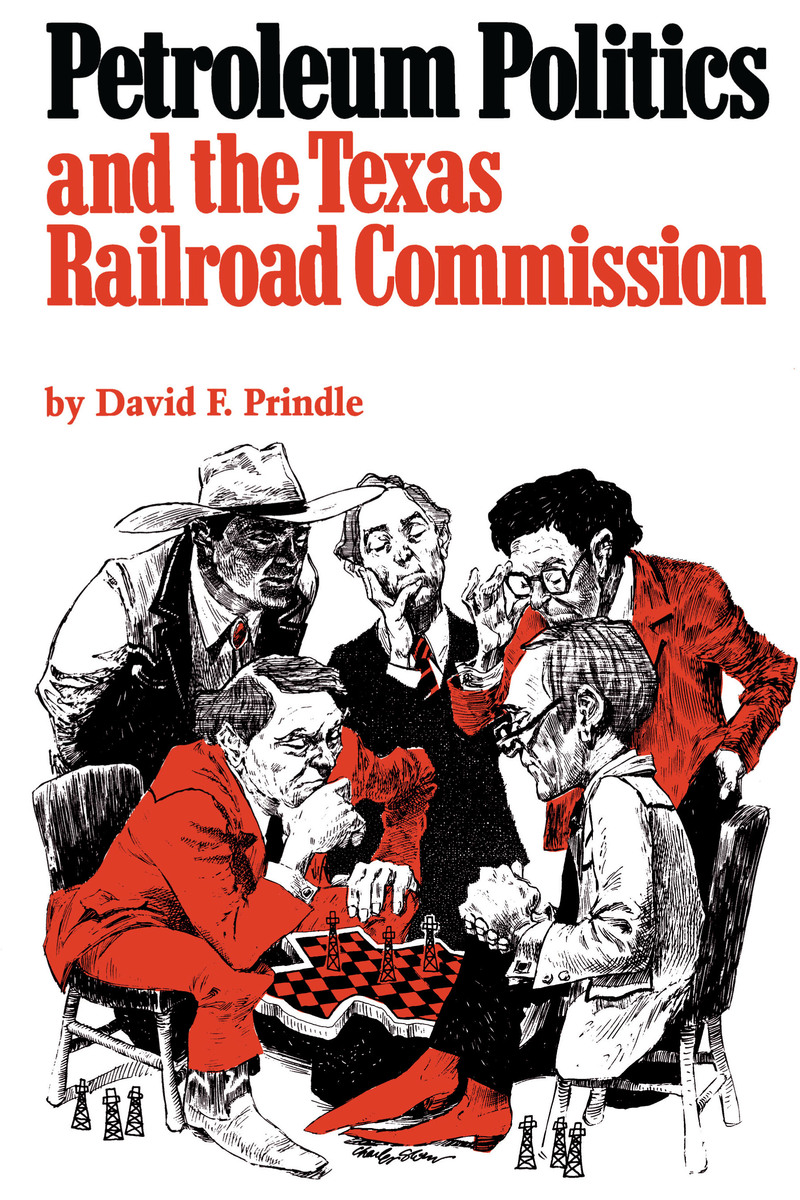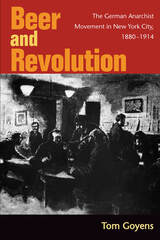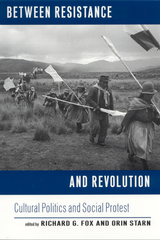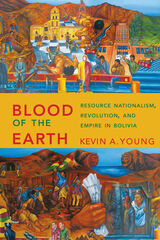Cloth: 978-0-292-76474-3 | eISBN: 978-0-292-78607-3 | Paper: 978-0-292-76489-7
The single most important domestic source of oil and gas is managed by the Texas Railroad Commission. As a result, the Commission has for decades exerted a profound influence on United States and world energy policy. This influence may even increase with the recent decision to remove price controls on oil and gas. Commission decisions determine where and when oil and gas wells are drilled, how much can be produced from them, and how the products can be transported. Since the 1930s the Commission has heavily influenced both the supply and the price of petroleum in the rest of the country simply because Texas provides such a large proportion of the United States' petroleum.
As might be expected with the management of resources worth billions of dollars, the Railroad Commission has been an arena of intense political maneuvering. David Prindle examines in detail seven policymaking episodes, covering five decades of the Commission's history. He recounts the economic and political cleavages arising from clashes of interest, the efforts of individuals and organizations to exert influence, the motives and methods underlying the policy choices of the Commissioners, and the political and economic consequences of those choices, both for Texas and for the rest of the country.
This detailed look at the Railroad Commission and the politics of petroleum in Texas will be of interest to the general public and all those involved in the oil and gas industry. Scholars and students in the field of policy studies, especially energy policy, will find this book to be an invaluable guide to an important sector of the American petroleum industry.
See other books on: History | Prindle, David F. | State & Local | United States
See other titles from University of Texas Press












